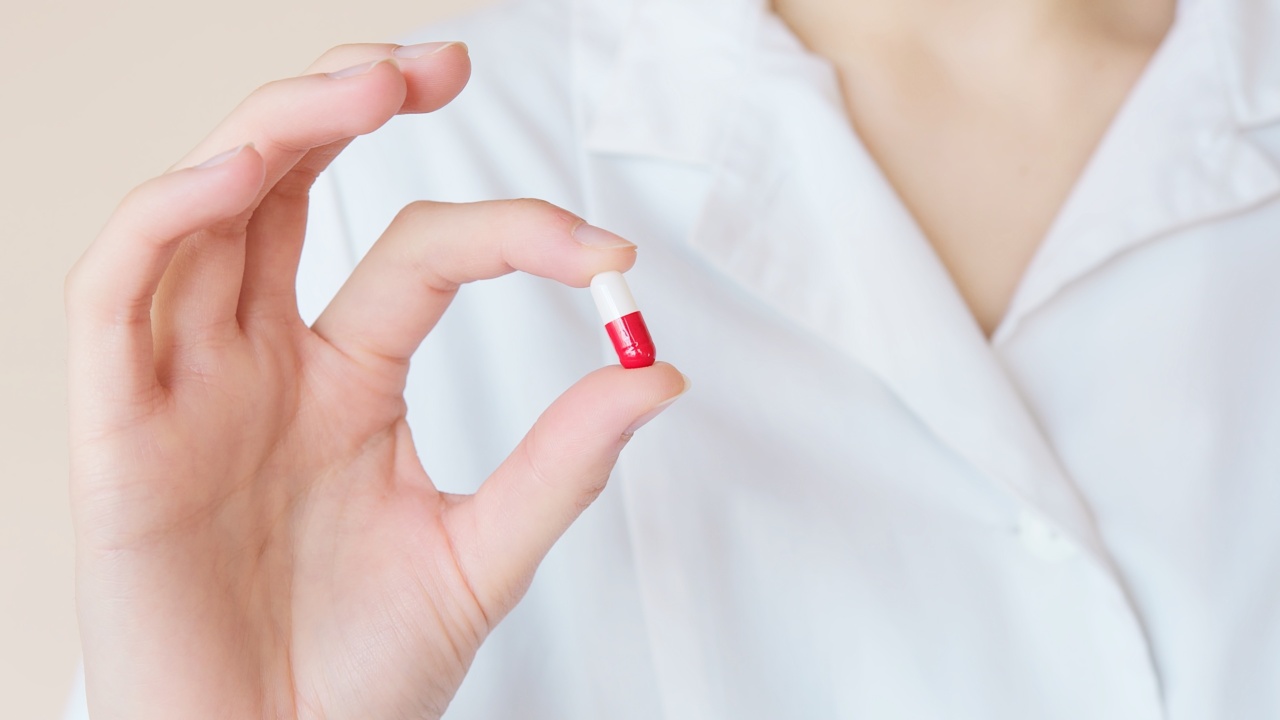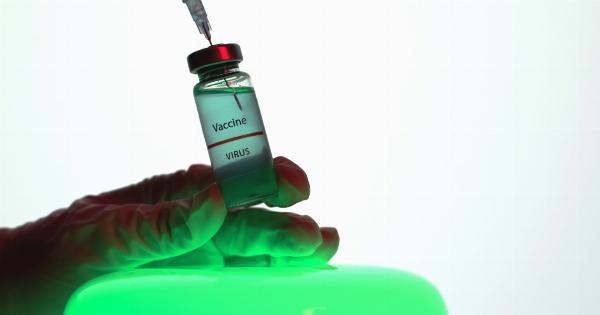Antibiotic resistance is a growing concern in the medical community. This is partly due to the misuse of antibiotics and partly to the natural evolution of bacteria.
Antibiotics kill susceptible bacteria, leaving only those resistant to the drug to multiply. Over time, this can lead to the emergence of superbugs that are resistant to multiple antibiotics.
What is Antibiotic Therapy?
Antibiotic therapy is the use of antibiotics to treat bacterial infections. Antibiotics are drugs that kill or inhibit the growth of bacteria.
They are used to treat a wide range of bacterial infections, such as pneumonia, urinary tract infections, and skin infections.
The Problems with Antibiotic Therapy
Antibiotic therapy has several problems:.
- Antibiotics can kill beneficial bacteria, such as those that digest food
- Antibiotics can cause side effects, such as diarrhea, nausea, and allergic reactions
- Antibiotics can interact with other drugs and reduce their effectiveness
- Antibiotic overuse and misuse can lead to the emergence of antibiotic-resistant bacteria
The Immune System and the Microbiome
The immune system is a complex network of cells, tissues, and organs that defends the body against invading pathogens, such as bacteria, viruses, and fungi. It is the first line of defense against infections.
The microbiome is the collection of microorganisms that colonize the human body, especially the intestinal tract. The microbiome plays a crucial role in human health, including digestion, nutrient absorption, and immune system development.
Boosting the Immune System and the Microbiome
There are several ways to boost the immune system and the microbiome:.
- Eating a healthy diet rich in fruits, vegetables, whole grains, and lean proteins
- Exercising regularly to reduce stress and improve circulation
- Getting enough sleep to allow the body to repair itself
- Reducing exposure to environmental toxins, such as pollution and chemicals
Alternative Therapies for Bacterial Infections
There are several alternative therapies for bacterial infections that do not involve antibiotics:.
- Probiotics: Probiotics are live microorganisms that provide health benefits to the host. They can be taken in pill form or found in fermented foods, such as yogurt, kefir, and sauerkraut. Probiotics can help boost the immune system and restore the balance of the microbiome.
- Herbs: Some herbs have natural antibiotic properties, such as garlic, oregano, and tea tree oil. They can be taken in capsule form or applied topically. Herbs can help reduce inflammation and improve immune function.
- Essential Oils: Some essential oils have natural antibiotic properties, such as peppermint, lavender, and eucalyptus. They can be diffused, inhaled, or applied topically. Essential oils can help reduce congestion, improve mood, and promote relaxation.
- Therapeutic Mushrooms: Therapeutic mushrooms, such as reishi, maitake, and shiitake, have natural antibiotic properties and can help boost the immune system. They can be taken in capsule form or added to soups and stews.
The Future of Antibiotic Therapy
The future of antibiotic therapy may involve a combination of traditional antibiotics and alternative therapies, such as probiotics, herbs, essential oils, and therapeutic mushrooms.
This may help reduce the development of antibiotic-resistant bacteria while still providing effective treatment for bacterial infections.
Conclusion
Antibiotic resistance is a growing problem that requires a multifaceted approach.
Alternative therapies, such as probiotics, herbs, essential oils, and therapeutic mushrooms, can help reduce the dependence on antibiotics while still providing effective treatment for bacterial infections. Boosting the immune system and the microbiome through diet, exercise, sleep, and toxin reduction can also help reduce the risk of bacterial infections. With these strategies, we can work towards a healthier future for ourselves and the planet.






























